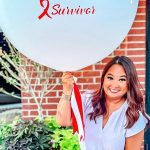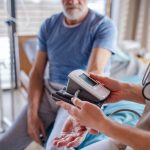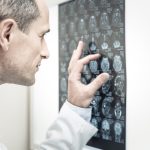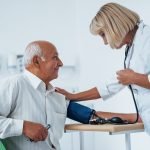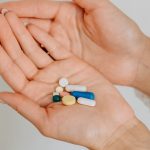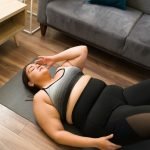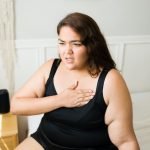After a stroke at 34, she’s devoted herself to recovering
After a morning of working at home, Amanda Porter of Tulsa, Oklahoma, started getting ready to go to the supermarket.
It was March 20, 2020,...
Heart rhythm problems after stroke don’t predict another one, study finds
A recent study led by Dr. Luciano Sposato, a Western professor and head of the Stroke Program at London Health Sciences Center, published in...
Stroke death count could reach 10 million in 2050
A report from the World Stroke Organization-Lancet Neurology Commission on Stroke, released on Oct. 9 in The Lancet Neurology, unveils a concerning prediction:
Stroke mortality...
Cholesterol-lowering statin drugs could prevent stroke recurrence
Breaking Down a Stroke and Statins’ Role
Imagine a dam breaking and flooding a town; something similar happens during a certain type of stroke, called...
Intensive high blood pressure treatment may prevent stroke in older people
High blood pressure is often silent, showing no obvious symptoms, yet it can unleash havoc in the form of dangerous health complications like heart...
Statins could prevent stroke in people with this heart disease
Navigating through the complexities of heart conditions such as atrial fibrillation, a new study reveals a beacon of hope using a familiar medication: statins.
The...
Good sleepers have lower risks of stroke, heart disease
You’ve probably heard that a good night’s sleep is crucial to your well-being, but did you know it might be the key to a...
Why obesity is linked to higher risks of heart disease, stroke
With obesity enveloping over 40% of U.S. adults and consequently escalating the prevalence of severe obesity to an unsettling 9% in 2020, its ramifications...
Half of people with heart rhythm diseases dying of heart attack, stroke
Recent research uncovers a substantial reduction in stroke and heart attack-related mortality among patients diagnosed with one of the UK's most prevalent heart rhythm...
Bodybuilder had a stroke at 25. And 28. At 34, she got a new...
When she's not baking cookies for her dessert business, Olivia Rose can often be found pumping iron at the gym. For years, she participated...

